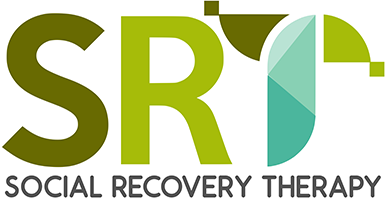Structured activity and multiple group memberships as mechanisms of increased depression amongst young people not in employment, education or training
Clio Berry, Matthew J. Easterbrook, Liza Empson, and David Fowler
Abstract
Aims
Young people Not in Employment, Education and Training (NEET) are at increased risk of depression, yet mechanisms of this association are poorly understood. We hypothesised that being NEET has both behavioural and social identity consequences and that reductions in structured activity and multiple group memberships underlie increased depression in this group. Our purpose was to assess first whether depression was greater for NEET compared to non‐NEET young people from the same geographical locality, and secondly, whether a loss of structured activity leading to a reduction in multiple group memberships explains the NEET‐depression association.
Methods
The present study was a cross‐sectional between‐groups design using convenience sampling. Measures of depression, structured activity and multiple group memberships were obtained from 45 NEET young people and 190 university students (non‐NEET).
Results
The NEET group reported significantly more depression symptoms compared to the non‐NEET student control group. A path model specifying NEET status as a predictor of depression, with this association mediated by a reduction in structured activity and fewer multiple group memberships (standardised indirect = 0.03, unstandardised indirect = 0.62, P = 0.052, 95% bias corrected confidence intervals [0.21,1.44]), provided excellent fit to our data: χ2(3) = 0.26, P = 0.968, comparative fit index (CFI) = 1.00, root mean square error of approximation (RMSEA)<0.01, standardized root mean square residual (SRMR) = 0.01).
Conclusions
Our findings suggest that depression is elevated amongst NEET young people compared to non‐NEET students from the same locality. The association between NEET status and depression was partially mediated by reduced structured activity and its association with reduced multiple group memberships. Although using cross‐sectional data, our findings suggest social interventions may be a key resource in ameliorating depression amongst NEET young people; through preserving engagement in structured activity and the wellbeing benefits derived from arising multiple group memberships.
